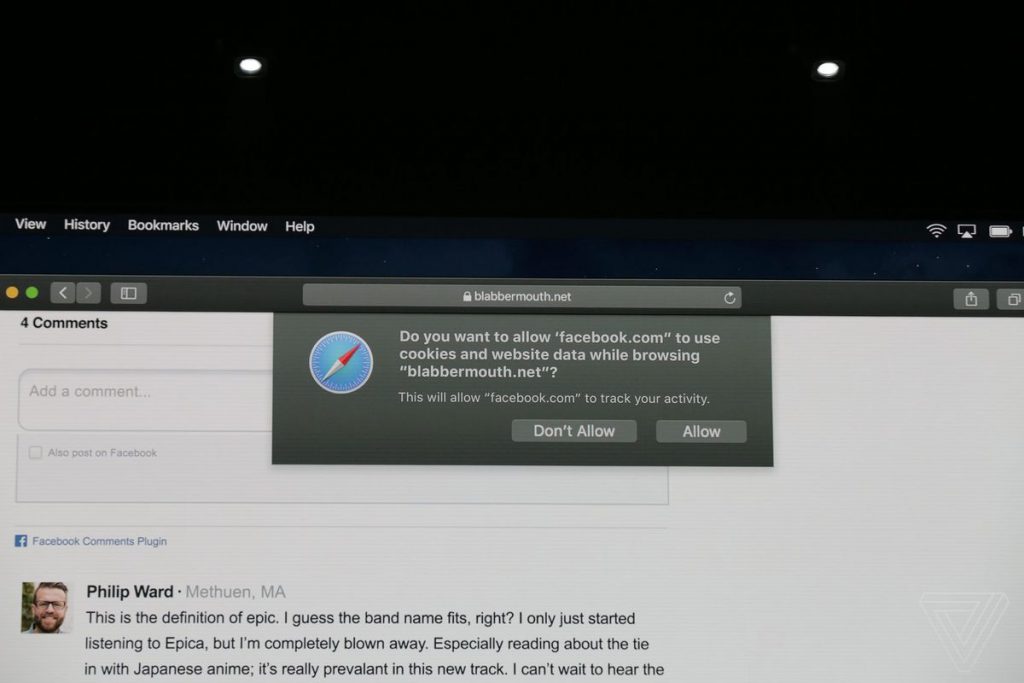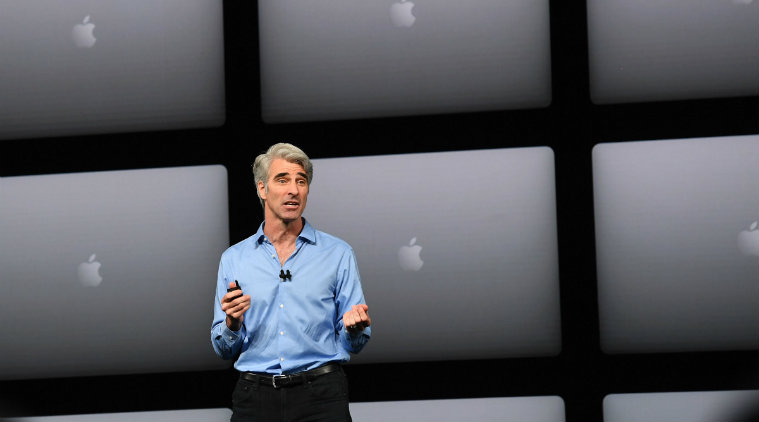Now that the hype and fanfare that accompanied Apple’s WWDC 2018 is starting to die down. It’s time to reflect on some of the keynote address, one of which touched on the Safari browser.
Apple gave the thousands of developers (devs) in attendance (both in-person and online) a sneak peek into the upcoming Safari features. But first thing, first! The next version of operating system that will be running on Apple computers is the macOS 10.14 Mojave, while for the mobiles will be the iOS 12.
In the wake of Facebook and Cambridge Analytical abuse of users’ private data, Apple went big on blocking ad-tracking. They have also beefed up security by incorporating browser-fingerprinting techniques. In a nutshell, Apple wants to make your affairs on the internet as private and secure as possible; with the addition of these new features.
Though during the keynote presentations, Apple made these features seem grand; perhaps too grand. Nonetheless, the most noticeable change is that you will be getting popup notification asking you to grant or revoke permission for websites (like Facebook) to use cookies as you browse.
“You can decide to keep your information private,” explained Craig Federighi, the VP at Apple during his keynote on stage.

Safari is also said will try to block advertisers from using browser fingerprinting, a feature that enables them to track users even when they delete their cookies. Browser fingerprinting involves using data browsers give to web servers about the individual devices. These data include time zones, extensions installed, ad blockers and fonts used. When advertisers get enough of this information, they don’t even need cookies to track a user’s online activities.
The new Safari will combat this by telling web servers only the version of the browser, operating system, generic configuration, and default fonts being used in the specific device. This move will make your MacBook indistinguishable from any other MacBook out there in the market.
The new Safari will also offer to generate and auto-fill strong passwords. It will also discourage you from using the same password across multiple accounts online.
So will Safari be foolproof regarding security? Facebook says otherwise
It would appear the relationship between Apple and Facebook has a lot of room for improvement. I say that because Facebook’s Chief Security Officer, Alex Stamos took to Twitter to wash Apple’s dirty linen in public. He tweeted:
If this is about protecting privacy, and not just cute virtue signaling, then they should block all 3rd party JS and pixels.
— Alex Stamos (@alexstamos) June 4, 2018
Contrary to what Apple would want you to believe, security experts have given the new browser features anything but a clean bill of health. As you can see from the tweet above, the browser will still be vulnerable to some of the major tracking techniques.
Now not all of us have the technical background to fully understand that tweet, but what Stamos meant by pixels, is the tiny invisible images that marketers can hide in the background of a web page or an email message to alert them when their content loads up. The new Safari will also not be able to block site from using third-party scripts used to track user’s browsing history.



